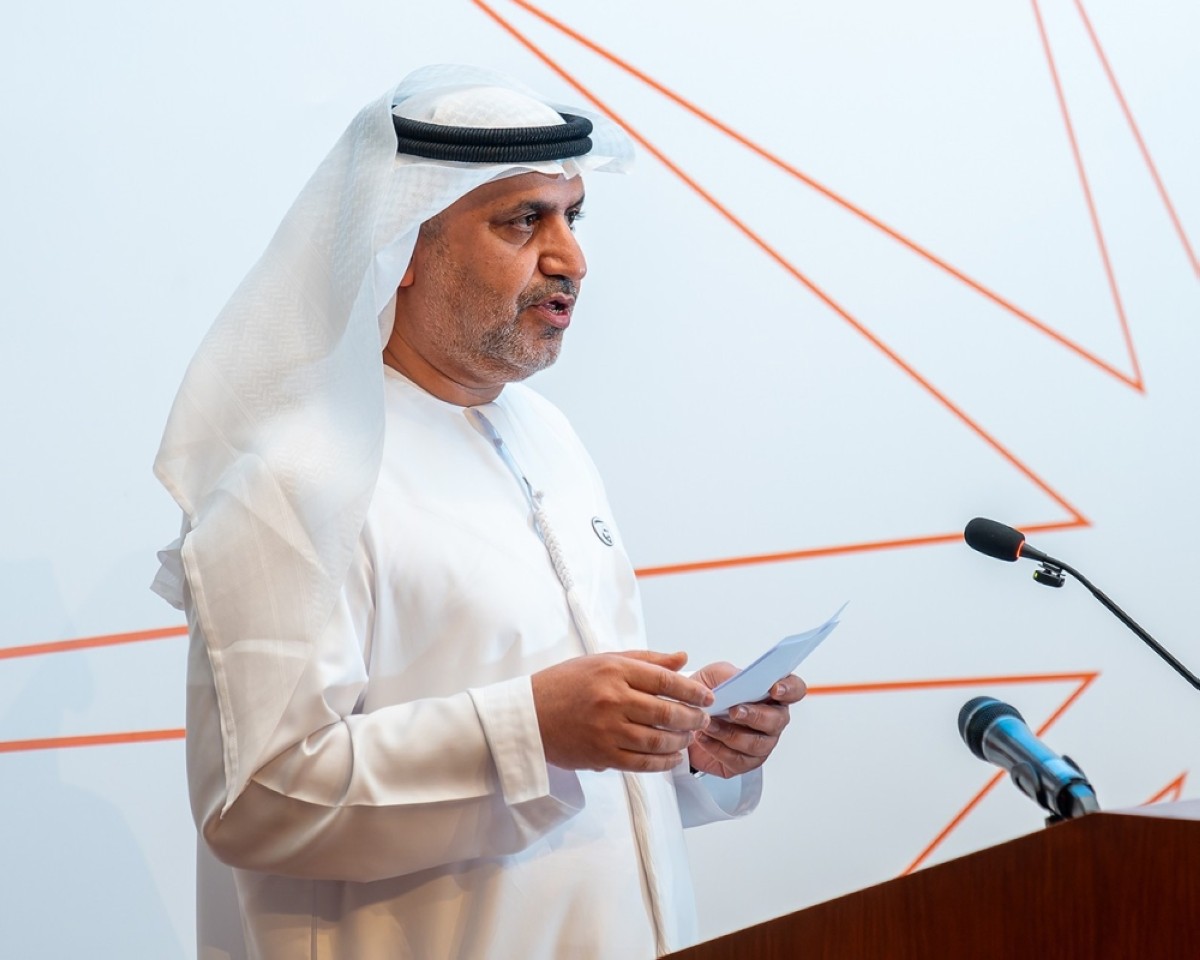KUWAIT: The Kuwait Foundation for the Advancement of Sciences (KFAS) held a panel discussion on Tuesday addressing the pressing global issue of water scarcity, shedding light on its far-reaching consequences and highlighting potential solutions. The session was attended by representatives from the UAE Embassy in Kuwait, the United Nations and its agencies, along with regional and international experts.
In a press statement, KFAS emphasized the urgent need for water scarcity to be treated as a global priority, citing its direct threat to human security, environmental sustainability, and socio-economic development. The panel was inaugurated by UAE Ambassador to Kuwait Dr Matar Al-Neyadi, who underscored the importance of international collaboration in tackling the escalating crisis. Dr Al-Neyadi referenced a UAE-sponsored research paper presented in 2023, titled “Consecutive Repercussions: Water Scarcity – The Hidden Threat to the World’s Security and Prosperity.” The paper outlines the urgent need for coordinated global action, warning that more than 2.2 billion people are already affected by insufficient access to water.
“The accelerating severity of water scarcity is an alarming global development that demands a unified and decisive response,” Dr Al-Neyadi said. He warned that inaction could result in humanitarian disasters, including mass displacement, economic collapse and armed conflict. He outlined the wide-ranging consequences of water scarcity, such as inadequate access to clean drinking water, food insecurity, deteriorating sanitation, disease outbreaks and ecosystem degradation. “No country is immune to the cascading effects of this crisis,” he added.
Acting United Nations Resident Coordinator and WHO Representative in Kuwait, Dr Asad Hafeez
Attendees at the panel discussion on water scarcity around the world at the Kuwait Foundation for the Advancement of Sciences. – KUNA photos
Dr Al-Neyadi also pointed to key drivers exacerbating the crisis, including rapid population growth, urbanization, inefficient agricultural practices, insufficient infrastructure for water distribution and desalination, and the impacts of climate change such as rising temperatures and erratic weather patterns. Despite its critical importance, water scarcity received only 6 percent of media and public discourse between July 2022 and July 2023, he noted, underscoring the objective of the session to raise awareness on this global issue.
He proposed a multi-pronged approach to mitigation, including investment in water storage and transport infrastructure, adoption of technologies such as desalination, wastewater reuse, atmospheric water extraction, and cloud seeding. He also advocated for improved irrigation techniques, public education on water conservation, and adoption of water-efficient appliances. Representing the United Nations in Kuwait, Acting Resident Coordinator and WHO Representative Dr Asad Hafeez described water scarcity as “one of the most urgent and complex challenges of our time,” especially for arid regions such as the Gulf.
Dr Hafeez highlighted ongoing UN initiatives, including the appointment of the first-ever Special Envoy for Water and the prioritization of water issues at international conferences such as COP16 on desertification and COP29 on climate change. He pointed to the UN’s Integrated Monitoring and Response Initiative, which has strengthened data collection and tracking progress toward Sustainable Development Goal 6 (clean water and sanitation).
Citing positive developments, Dr Hafeez noted that water-use efficiency increased by 19 percent between 2015 and 2021, while access to safely managed drinking water rose from 69 percent to 73 percent. However, he cautioned that the world remains off track to achieve SDG 6 by 2030, with 2.2 billion people still lacking access to clean water and over 5.3 billion lacking adequate sanitation.
He also pointed out that global water stress levels have risen by 3 percent since 2015 and that only 43 of 153 countries with shared water basins have effective cooperation agreements in place. Additionally, water-related development aid declined by 5 percent between 2015 and 2022, further hampering global progress. “To close these gaps, we must act across five priority areas,” Dr Hafeez stated, highlighting the need for better-targeted investments, robust data systems, enhanced capacity-building, adoption of smart technologies, and strengthened cross-border governance.
He reaffirmed the United Nations’ commitment to advancing water security in Kuwait and globally, calling for inclusive efforts to secure sustainable water access for future generations. The session concluded with a series of panel discussions featuring diplomats, researchers, and water experts from organizations including Kuwait University, the World Bank, the United Nations, and KFAS, fostering dialogue on regional and international strategies to mitigate water scarcity. — KUNA



















